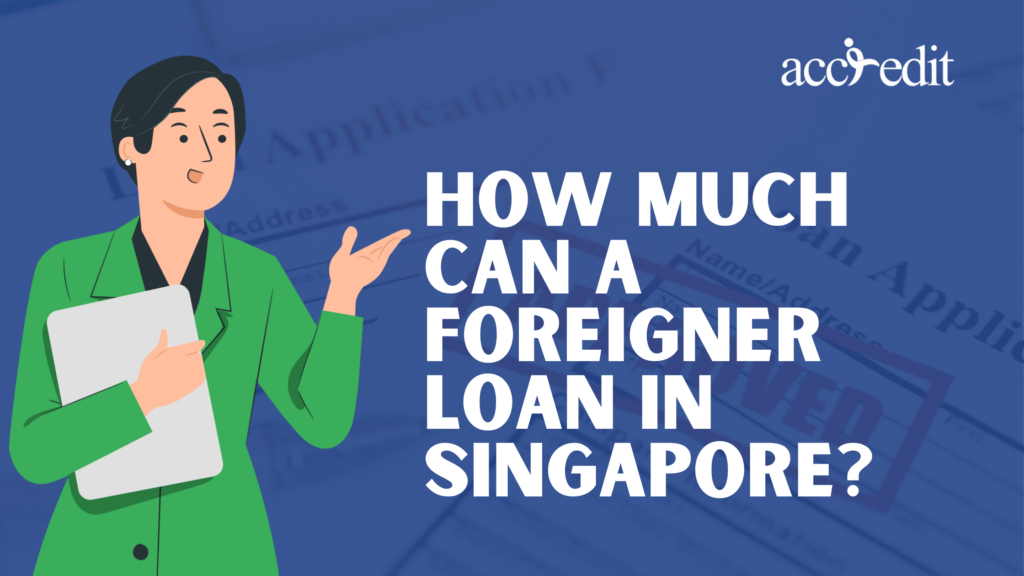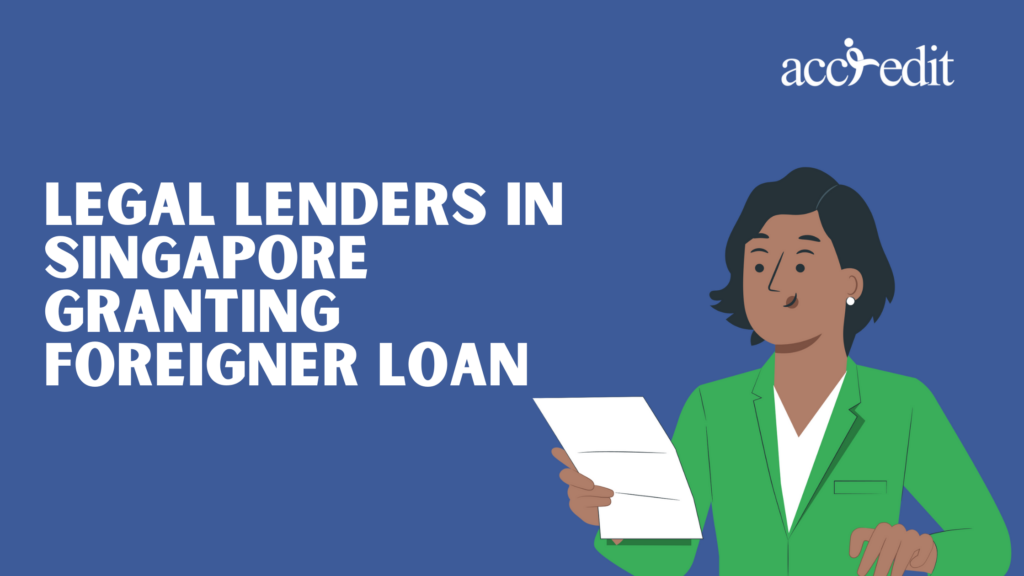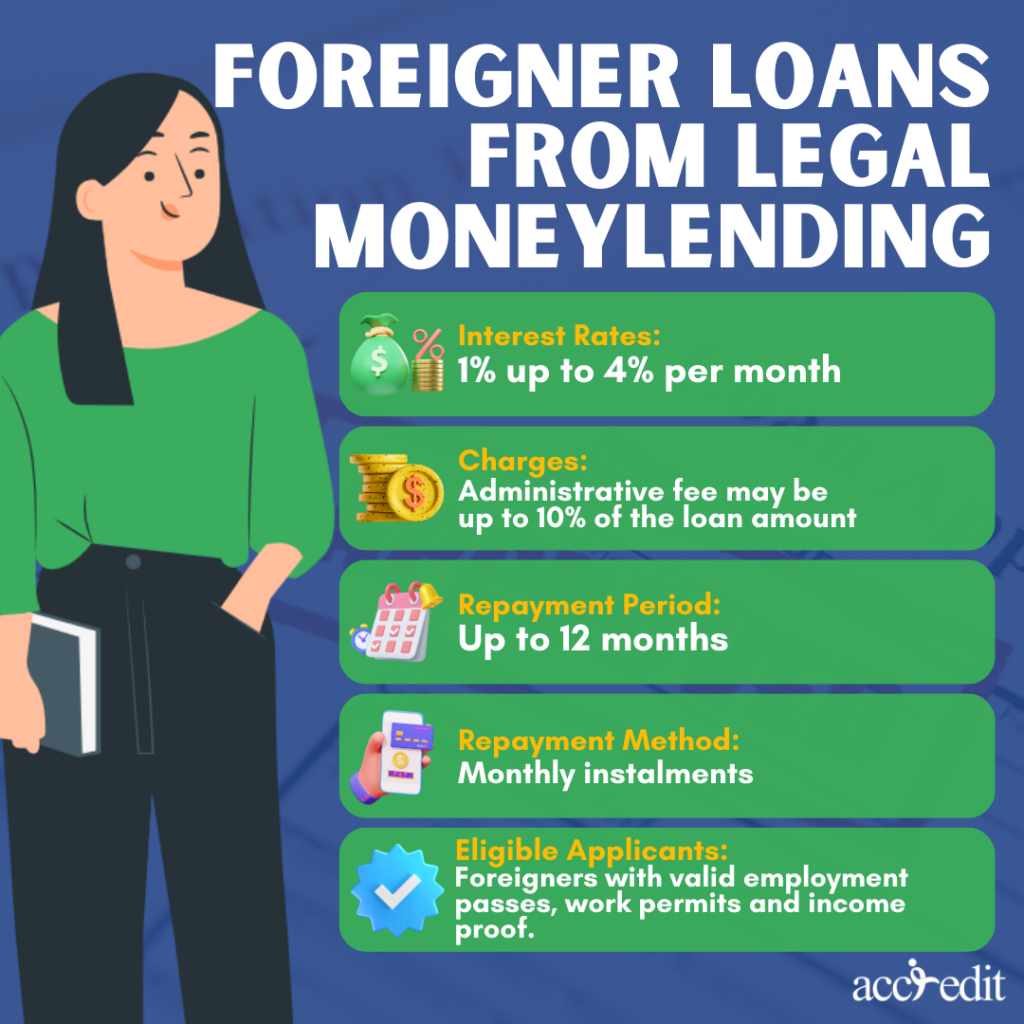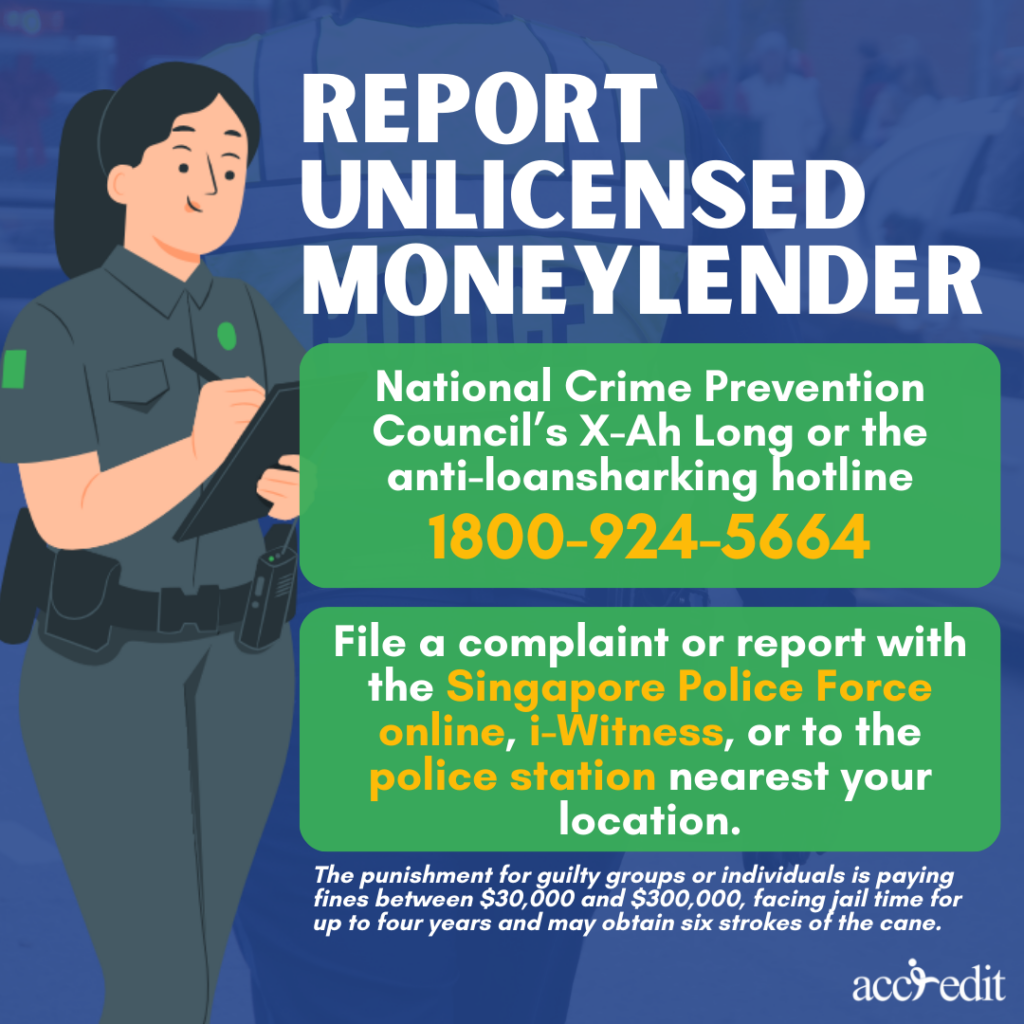
For someone living in a different country, it is indeed an exciting yet intimidating experience. It is mainly because it is a foreign land, and most things are new, whether laws, culture, or traditions. Issues with language barriers or financial problems would happen, thus, a foreigner loan in Singapore.
Regardless of expatriates’ limitations, these concerns always supported their desires to live and work in Singapore. The Ministry of Manpower (MOM) has recently shared that more than 1.3 million foreign workforces are in the country.
These numbers affirm the astounding charisma of the country; among them is Singapore’s financial industry and economy. Singapore is deemed Asia’s finance hub and offers numerous opportunities for foreigners. Thus, more expatriates try their luck in Singapore.
Cost of Living in Singapore

Singapore has embodied the definition of quality life any person would dream of. To live in a harmonious environment and acquire excellent employment prospects, what could go wrong?
Singapore has it all, including a higher cost of living than other Asian countries. It becomes an issue not only for the locals but also for foreigners with work passes.
To live comfortably in Singapore, communities must attain a median monthly income of $9,520 per household. In addition, a household member has to earn a median monthly income of $3,027. Foreigners living and working in Singapore have a minimum salary of $3,474, as recently imposed by the Ministry of Manpower. The local professionals, managers, executives, and technicians or PMET salaries are benchmarked via age in the country.
Although it is within the median salary range, issues with living expenses in Singapore often happen. Singapore’s average cost of living is S$1,336 per month only if a foreigner is alone. If they are with their families, the total costs would multiply and could lead to financial problems.
The fastest way to resolve monetary problems is to get a loan in Singapore. Where to file a request, and how much can a foreigner loan in Singapore?
Legal Lenders in Singapore Granting Foreigner Loan

The Ministry of Law in Singapore has often encouraged foreigners to seek financial assistance schemes via different Government agencies in the country. But concerning one’s credit score, history, or eligibility, a foreigner searches for another loan provider.
Banks, financial institutions, and moneylenders are Singapore’s most common choices for granting a foreigner loan.
All three are recognised as loan providers in the country. Banks and financial institutions offer loans but are considerably not licensed moneylenders. Licensed moneylenders are groups and individuals who have gained their licenses and enlisted in the Registry of Moneylenders.
Banks and Financial Institutions

Banks and financial institutions are under the banking industry and comply with Singapore’s Backing Act.
The loan processing time from banks and financial institutions often takes several days. These types of businesses are particularly strict with their regulations. Even when they grant personal loans to their borrowers, it doesn’t necessarily mean it’ll let anyone borrow money from their businesses.
A foreigner taking a loan in Singapore often doesn’t usually come from these financing institutions. It’s due to its filtering from credit scores, background, proof of income, work permits and passes, etc.
When a foreigner needs a reliable credit background, banks and other financial institutions usually decline a foreigner loan in Singapore.
Aside from this, businesses in the banking industry prefer to assist loan applicants with tangible properties that companies can liquidate if the borrower fails to repay their loans.
Licensed Moneylender
Licensed moneylenders in Singapore are a reputable option when a foreigner wants to find loan grants in the country. The Ministry of Laws Moneylenders Act regulates the mode of transaction, fees, charges, and operations of licensed moneylenders in the country.
Licensed moneylenders can process and grant a foreigner loan in Singapore in less than a day’s transaction. As a result, in matters of faster and easier fund release, licensed moneylenders would be the best option for a foreigner needing a loan in Singapore.
Singapore’s licensed moneylenders abide by the Moneylenders Act. Nevertheless, they are keen on providing services to foreigners seeking a loan. They grant personal loans and other loan products as well.
These licensed moneylenders will still assess a foreigner’s income, residency, requirements, and credit score. Yet, they’re more forgiving in such a process, so obtaining a personal loan is possible.
A foreigner living and working in Singapore may seek additional assistance from the local community and get them as guarantors. A guarantor will have to take responsibility for the loan taken by a foreigner in the country if the latter fails to do so. It includes other legal obligations tied to the loan.
How Much Can a Foreigner Loan in Singapore?
It’s essential to know the regulations and how much a person can borrow, especially if they are considered foreigners in the land. Singapore is stern with the Moneylenders Act’s regulations that licensed moneylenders must comply with.
One of the typical problems a foreigner faces with requesting a loan in Singapore is the need for a credit score and background. Although it is a highly prioritised requirement when appealing for a loan, the licensed moneylenders in Singapore have the prerogative to forgive credit assessments and process the loan a foreigner seeks.
In light of this, licensed moneylenders offer limited maximum loanable amounts to foreign national clients. It is due to the Ministry of Law and Ministry of Manpower movement to regulate total maximum loan amounts, loan caps and a self-exclusion framework for foreigners borrowing from licensed moneylenders.
The cap for a foreigner loan in Singapore will depend on their annual income, specifically;
- If a foreigner residing in the country earns less than $10,000 annually, they can borrow $500.
- When the expatriates acquire at least $10,000 and less than $20,000 of annual income, they can loan as much as $3,000.
- However, when the foreign work pass holder has at least $20,000 annual income, they are granted by the licensed moneylender a maximum loan amount of up to six times their monthly income.
Foreigner Loan Loan Caps
The relevance of the regulations was because of the acquired reports regarding foreign work pass holders’ overborrowing over the years. Thus, the loan caps and self-exclusion framework was added to the Moneylenders Act and Rules to protect and assist foreigners in the country and their employers.
Aside from these specific amounts, foreign work pass holders must know that other loan caps apply to them. These are their loan’s interest rates, fees, and charges.

Foreigner Loan Interest Rate and Charges
- Licensed moneylending in Singapore is permitted to charge a maximum interest rate of 4% per month to foreigners residing in the country.
- Foreign work pass holders will shoulder the one-time administrative fee that’ll account for 10% of the loan principal. The fixed rate cannot be altered according to the moneylender’s wishes.
- If a foreigner encounters delayed repayments, they must pay the late interest of 4% per month.
- A foreigner must pay the late fees for only. If a moneylender demands a higher amount, a complaint may be forwarded to the Ministry of Law’s Registry or the Singapore Police Force.
Foreigner Loan and Unlicensed Moneylending Activities
Moneylending in Singapore has its dilemma. The Ministry of Law instated the Moneylenders Act to change the public’s views on licensed moneylenders. Primarily because of the unfavourable light Ah Longs, loan sharks, or unlicensed moneylenders have caused throughout the years.
As a result, the Registry and Singapore Police Force continues to promote and reach out to all communities in the country regarding how and when to seek authorities connected to unlicensed moneylending activities.
A moneylender who demands a different interest rate, charges and the maximum loanable amount is treated as an unlicensed moneylending activity.
They will impersonate licensed moneylenders to manipulate their victims. But to guarantee their claims are valid, it is highly advised to check the Registry of Moneylenders and visit the moneylender’s office. If the questioned moneylender’s information does not exist in the Registry or does not want to do a face-to-face transaction, then foreigners must immediately alert the authorities.
Reporting Illegal Lending Activities on Foreigner Loan

A foreigner residing is recognised as an essential contributor to the country. Nonetheless, if proven to accommodate, participate, assist, or even borrow from an unlicensed moneylender will result in punishments per the Ministry of Law.
The employers of the foreign work pass holders shall be alerted on the matter. After which, the Ministry of Manpower will revoke the guilty foreigner’s work pass. They’ll be repatriated and can no longer seek employment within the country.
As soon as unlicensed moneylenders send text messages, messages through apps, social media, or calls and blatantly offer loan process or grants, report it to the Registry at 1800-2255-529 or to ‘999’ for the Singapore Police Force’s hotline and the X-Ah Long 1800-924-5664, or the anti-scam hotline at 1800-722-6688.
Take the best foreigner loan in Singapore now. Click here to apply for one today!

